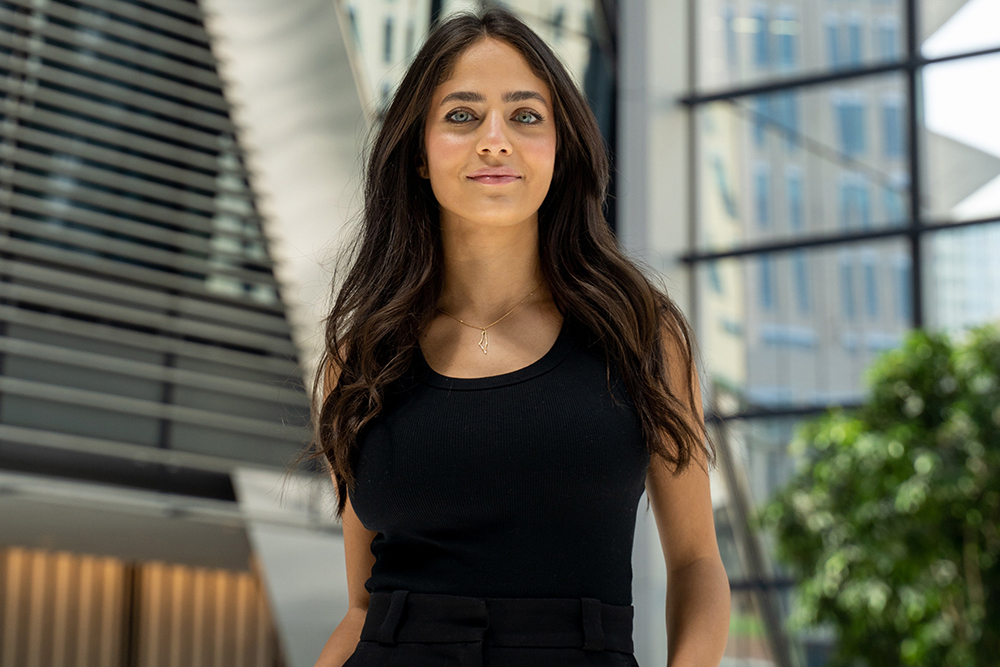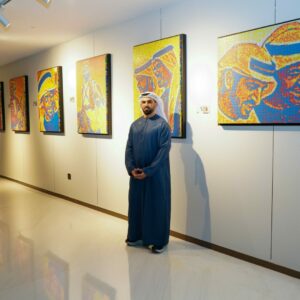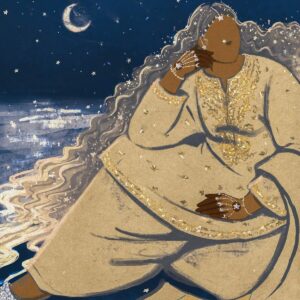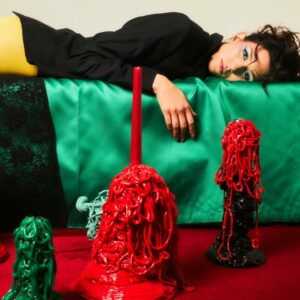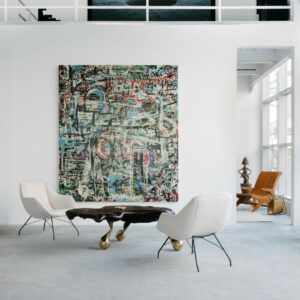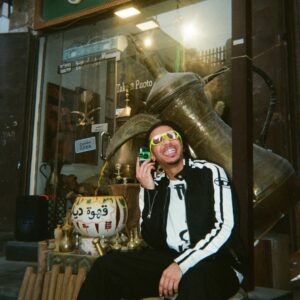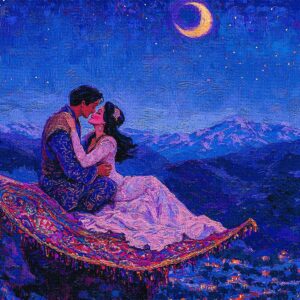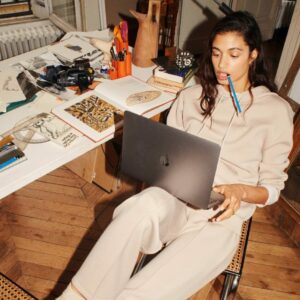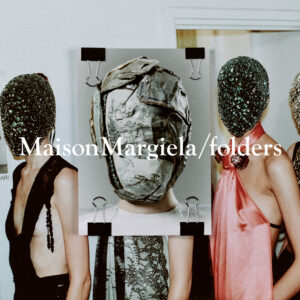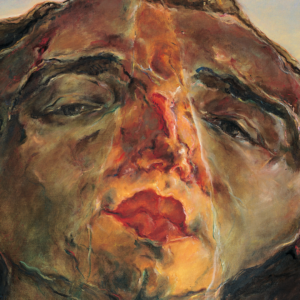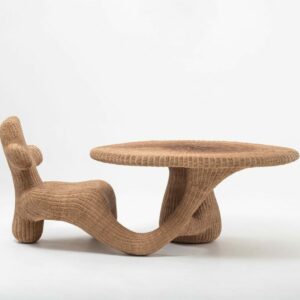In a world where art often feels exclusive, Malak Abu-Qaoud has a crystal clear mission: to break the barriers, activate spaces, and connect communities. As the cultural force behind ICD Brookfield Place (Instagram) in Dubai, Abu-Qaoud has established herself as a visionary, curating public art that resonates with people of all backgrounds and brings the region’s creative energy to life. Her work isn’t about the ivory towers of the art world—it’s about transforming ordinary spaces into extraordinary experiences.
“For me, it’s about making art a part of everyday life,” Abu-Qaoud explains. Whether it’s live music performances, interactive workshops, or immersive installations, her work draws people in, encouraging them to engage with art in ways that are both accessible and meaningful. By activating public spaces, she builds connections and fosters a sense of community that extends beyond gallery walls.
Abu-Qaoud’s journey into the art world wasn’t linear. With a background in interior architecture and fine arts, she never imagined how these disciplines would intersect in her career. Her first experience in curation came during university, when she organised a fundraiser for solar panels in Gaza. “It was an amazing experience—working with local artists who donated their work and seeing the community come together for a cause,” she recalls. That pivotal moment opened her eyes to the possibilities of merging art with activism and set her on a path to explore the power of creative expression in public spaces.
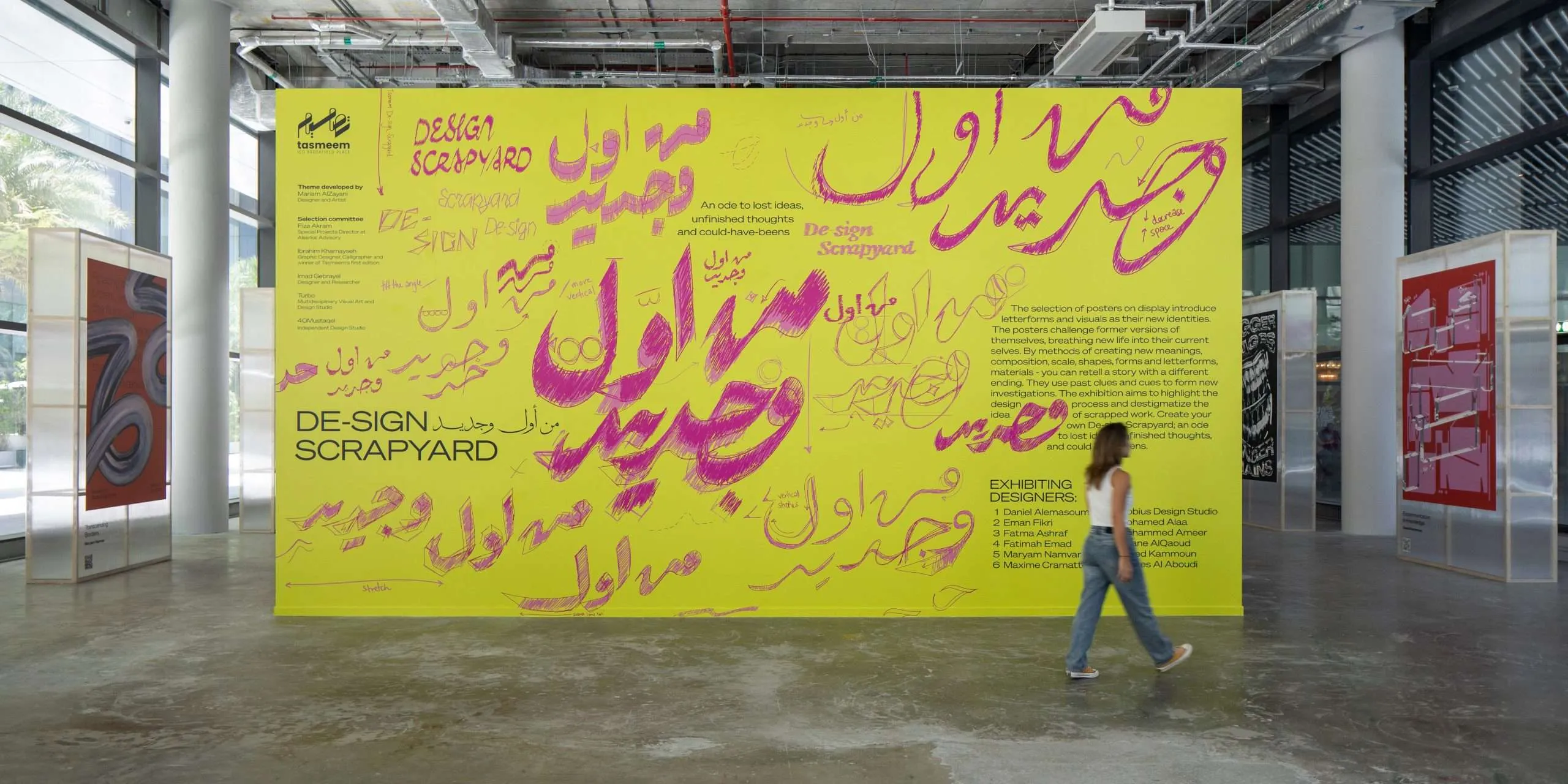
After university, she joined an art consultancy in Montreal, where she learned the ropes of working with artists, producing exhibitions, and curating public art. “That experience was crucial—it taught me how to collaborate effectively with artists and how to bring art into everyday environments,” she says. When the opportunity to work at ICD Brookfield Place in Dubai came along, Abu-Qaoud brought this expertise with her, combining her design sensibilities with her passion for community-building.
Now, she is at the forefront of Dubai’s burgeoning art scene, which she describes as vibrant but still finding its footing. “The city is constantly evolving, driven by students returning from international studies with fresh perspectives,” she explains. “While it’s still a relatively small scene with familiar faces, it’s definitely growing, and Dubai is starting to gain international recognition.” Initiatives like Art Dubai and partnerships with cultural institutions such as Jameel Arts Centre and Louvre Abu Dhabi have helped shine a spotlight on regional talent, elevating Dubai as a cultural hub within the Middle East.
Despite the city’s progress, Abu-Qaoud acknowledges the challenges that come with working in the region. For artists, funding and bureaucracy often present significant hurdles, and censorship can limit creative expression. Curators face similar issues, compounded by a lack of resources and opportunities for professional development. “It’s tough, but these challenges push us to be more innovative and resourceful,” she says.
At ICD Brookfield Place, Abu-Qaoud has created a space where these challenges are met with opportunity. Balancing international collaborations with a strong focus on local talent, she has hosted exhibitions ranging from Damien Hirst’s Pharmacy to Takashi Murakami’s first UAE show, while also providing a platform for emerging regional creatives. “Our arts program encourages experimentation and collaboration, creating a space where artists can thrive,” she explains.
Beyond high-profile exhibitions, Abu-Qaoud is equally invested in community engagement. The building’s ground-floor hub, Niche, serves as a creative space offering free workshops, educational talks, and crafting sessions. “It’s about bridging the gap between corporate life and the art world,” she says, describing how the program creates meaningful connections between tenants and the broader community.
For Abu-Qaoud, art is more than just aesthetics—it’s a powerful tool for dialogue and understanding. “Art opens doors for unheard voices and fosters cross-cultural understanding,” she says. By highlighting work that reflects the Middle East’s rich history while embracing modern aspirations, she believes art can challenge perceptions and bring people together. “It’s about connecting with where we are from and where we are headed,” she adds.
Her dream project is a testament to this philosophy. During the Covid-19 pandemic, her family rediscovered an ancient bathhouse in Jerusalem’s Old City, near Damascus Gate. Dating back to the pre-Ottoman period, the space was carefully restored as an archaeological site and now serves as a community space for local residents. Abu-Qaoud envisions transforming it into an immersive art exhibition that honours its history while remaining accessible to the neighbourhood. “I’d love to create a project that explores the bathhouse’s story while offering free public programming that brings the community together,” she shares.
With her thoughtful approach to curation, Malak Abu-Qaoud is redefining how art is experienced in the Middle East. Her work celebrates the intersection of local and global, tradition and innovation, making art not only more visible but also more inclusive. As Dubai continues to position itself as a cultural hub on the world stage, Abu-Qaoud’s vision ensures that its creative identity will remain rooted in community and collaboration.
For more stories of art and culture, like this piece on Malak Abu-Qaoud, visit our arts and culture archives.
